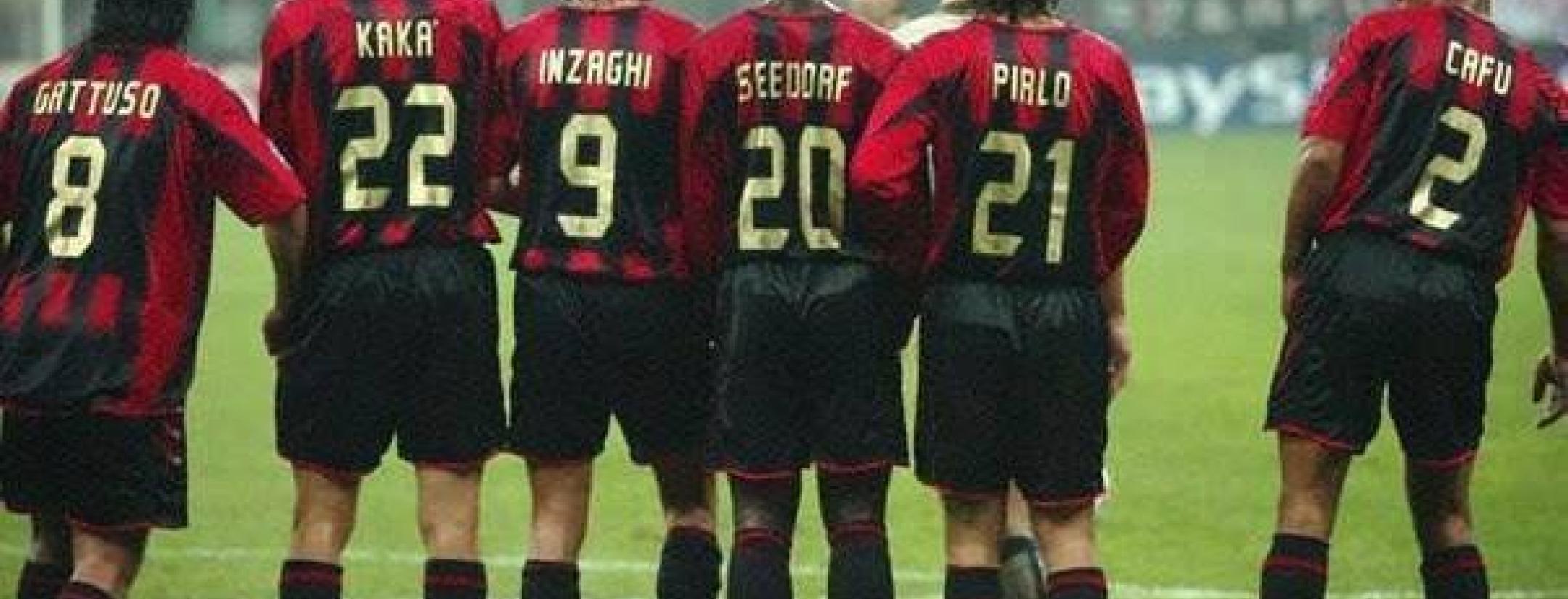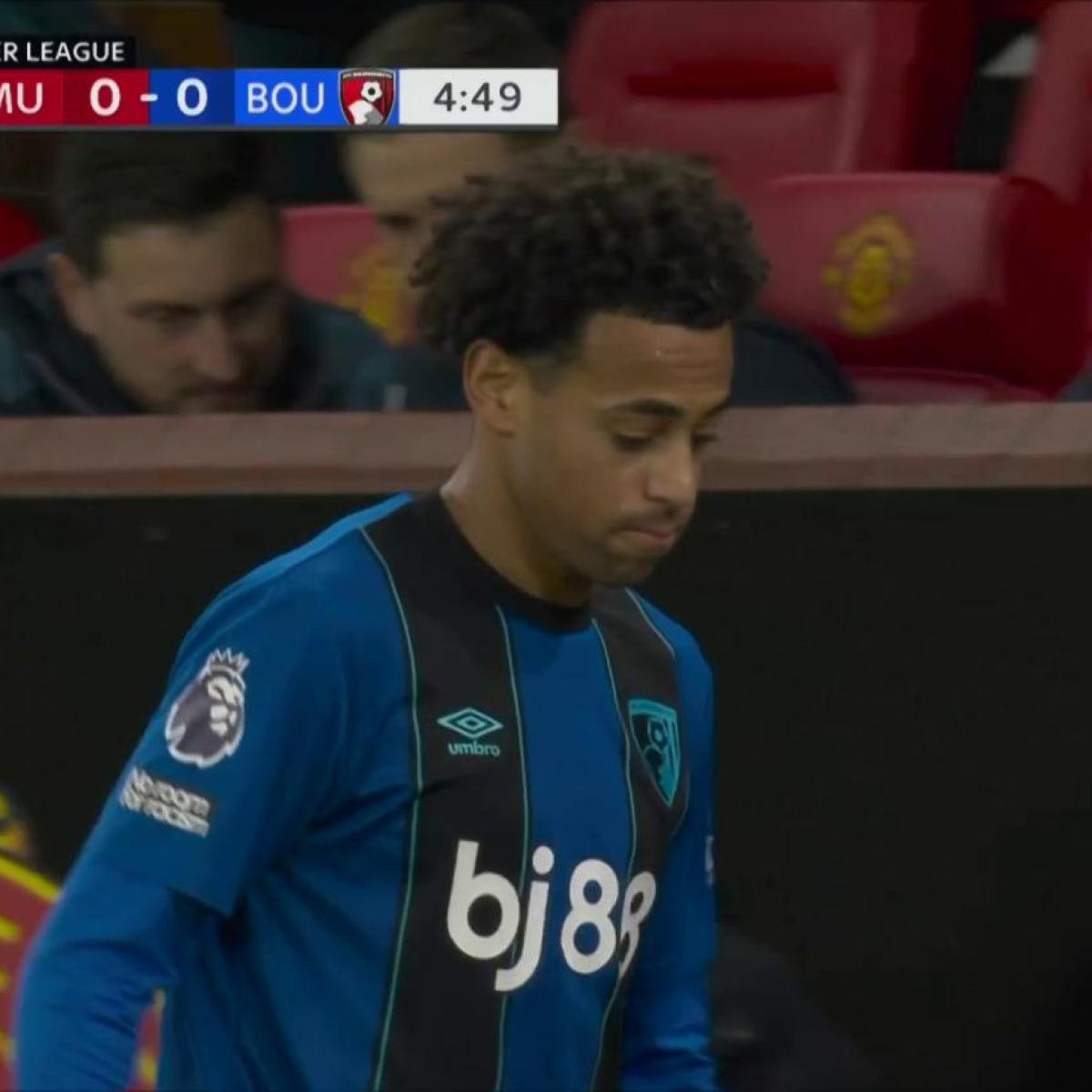The drawn out sale of AC Milan has seemingly reached a breakthrough. Elliott Management, a United States-based hedge fund, has agreed to finance a large portion of the remaining capital owed to Silvio Berlusconi’s current ownership group Fininvest. Elliott has provided an essential assist to Rossoneri Sport Investment Lux (sharing AC Milan’s nickname but unrelated to the club), Chinese investor Yonghong Li’s investment vehicle leading the AC Milan purchase.
China’s initiatives to build a soccer empire, its prohibitive investment policies and its fast growing market of fans are at the center of this acquisition.
Milan’s Growing Ties to China
The financial situation for many Italian clubs is relatively lean, and it looks as if Chinese buyers are capitalizing. Among the top 20 soccer teams in Forbes’ 2016 valuations, only AC Milan and Inter Milan operated at a loss. In addition, their debt/ value ratios were third (32%) and first (43%), respectively. Another Serie A Club, AS Roma, had the second highest debt/value ratio among that group at 36%.
President Xi Jinping has made no secret of his desire to see China turn into a soccer superpower. The surge of public spending on the game has coincided with Chinese investment groups seeking to capitalize on its growing domestic popularity.
Last summer, Suning Commerce Group, a Chinese electronics retailer, bought 68.55% of Inter Milan and assumed a large portion of its debt for €270 million. According to Reuters, Suning, which also owns the Chinese Super League Jiangsu Suning FC, hopes to grow the Inter brand in China and create a global sporting empire, which would include sports media rights and broadcast platforms.
At the time of Inter’s sale, AC Milan was negotiating with Li’s Sino Europe Sports Group on the terms of an acquisition. With the Chinese government cracking down on foreign vanity investments, Li had to pivot from the Chinese investment vehicle Sino Europe to Rossoneri, which is now based in Luxembourg. Throughout the past year Sino and Rossoneri have paid Fininvest €250m in non-refundable deposits.
AC Milan's Dilemma
Rossoneri has repeatedly failed to come up with the remaining funds by the deadlines imposed by Fininvest. At risk of losing the value of his deposits, Li alleges that the aforementioned capital outflow restrictions levied by the Chinese government resulted in a loss of expected capital. More skeptical pundits think that the money might not have been there in the first place.
Regardless, Li had committed $250m to Fininvest, and he was struggling to raise the rest. With the sale stalling out, Elliott Management stepped in. The hedge fund invests in distressed assets, and Li’s bid was certainly in trouble.
The Terms of the Deal
Rossoneri now owes Fininvest €270m in addition to the €250m it had already paid. It also has agreed to take on AC Milan’s €220m of debt, bringing the effective sale price to €740m.
Elliott will commit about €300m to the purchase. €180m will go to Fininvest, €73m will cover the team’s short-term debt, and an additional €50m will be invested directly into the team. According to ESPN FC, Milan will repay its loan at 7.7%, while Rossoneri faces a steeper charge of 11.5%. It’s unclear how much of the €180m going to Fininvest has been given as a loan and how much will go toward Elliott’s equity stake in the club.
Rossoneri still needs to pay Fininvest another €90m by April 14 to complete the sale, but the Elliott investment is a vital boost.
Milan’s Concerns Moving Forward
AC Milan’s €80m payroll ranks fourth highest in Serie A and pales in comparison to the top clubs in Europe. It’s no coincidence that they have failed to qualify for the Champions League the past few seasons.
Fans hope that the new ownership group will inject capital into the team and be willing to spend on coveted transfer targets. However, it would need to nearly double its payroll to match Juventus (€145m), so even a significant uptick would still leave the club at a financial disadvantage.
#ACMRemember Inzaghi VS Liverpool (2007) @ChampionsLeague #ForzaMilan https://t.co/8XFayyr7qH
— AC Milan FR (@ACMilanFRA) November 29, 2015
Although some argue that the ownership group could revamp its academy system and more prudently invest in developing homegrown talent, Rossoneri’s partnership with Elliott plants doubt in that possibility. According to the Financial Times, Li will likely list the club on the Hong Kong Stock Exchange within the next 18 months, providing Elliott with the desired liquidation of its equity stake.
Rossoneri’s loan repayment to Elliott will also detract from its ability to focus solely on the club’s long-term prospects.
This scenario suggests that the new ownership group will need to seek some short-term returns rather than exclusively invest in the club over the long haul. Still, Li’s ties to China might enable the club to grow and compete at a higher level.
Reasons for Optimism
Elliott has invested in AC Milan because it sees a potential for growth, even if the expected short investment horizon does not entirely satisfy fans. According to Reuters, Elliott was most attracted to Rossoneri’s plans to leverage the AC Milan brand into expanded merchandise sales in China. This potential outcome likely represents a fraction of the growth opportunities in the Chinese market.
@gigiodonna1, il più giovane portiere titolare in Nazionale di sempre!
Gigio, the youngest 'keeper ever to start with @Azzurri! pic.twitter.com/sKZSdTeRYT— AC Milan (@acmilan) March 28, 2017
Li could guide AC Milan to follow in Arsenal’s footsteps, as the English club has partnered with Chinese content services provider BNN Technology. SportTechie reports that the deal will provide Arsenal’s growing Chinese fanbase with mobile access to interviews, highlights and training footage. Arsenal in turn will launch a program to train Chinese coaches, working to fulfill President Jinping’s aspirations.
It’s easy to imagine that Li could similarly establish lucrative ties to Chinese companies on behalf of AC Milan, even if he can’t access Chinese investor capital to directly fund the club’s operations. AC Milan’s expanded reach to China could help it generate a significant amount of revenue, potentially enough to finance contracts for the players that longtime AC Milan fans want to see playing for their side.




